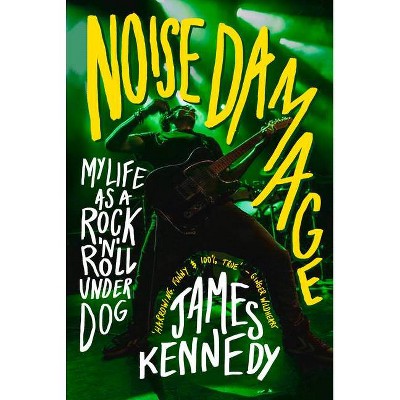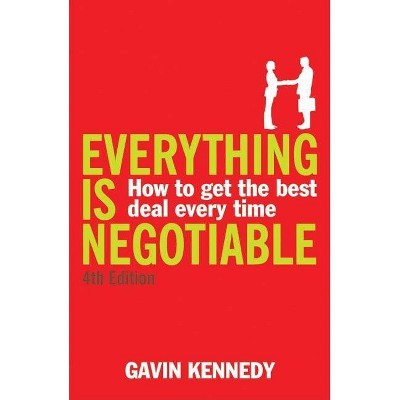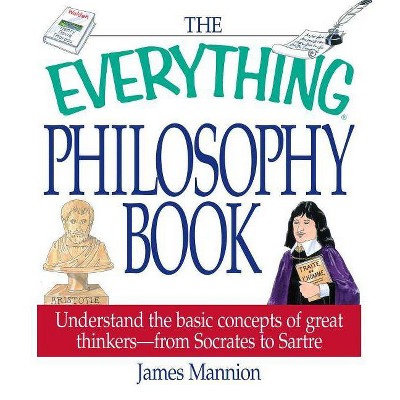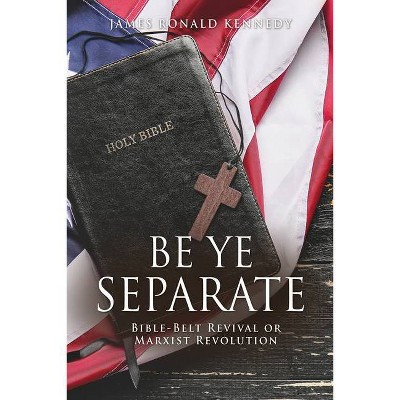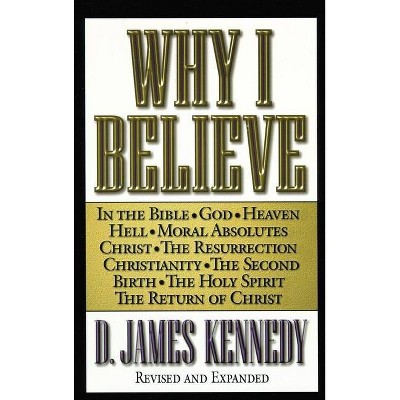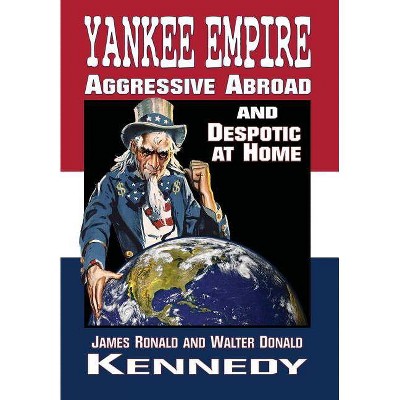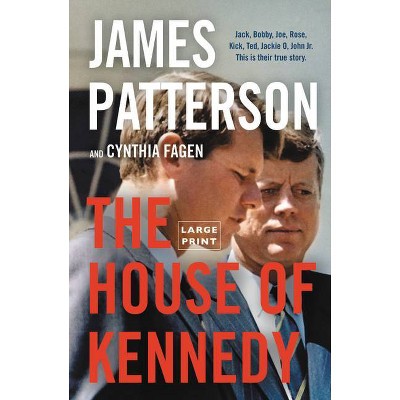Everything Is Natural - by James Kennedy (Paperback)
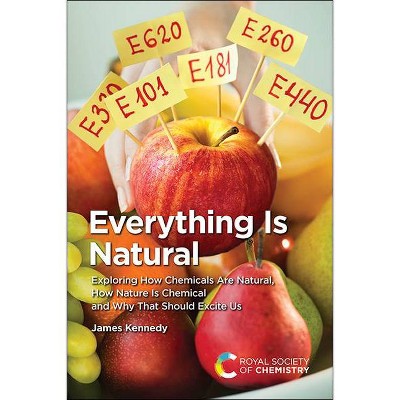
Similar Products
Products of same category from the store
AllProduct info
<p/><br></br><p><b> About the Book </b></p></br></br>This book explores the history of chemical fears, events that have amplified it and how manufacturers, teachers, journalists etc. can make better connections with the public by telling stories that are more engaging about chemistry.<p/><br></br><p><b> Book Synopsis </b></p></br></br><p>Since the early 1990s, advances in toxicology have allowed scientists to detect traces of adulterant substances in everyday products - even down to parts per billion concentrations. We can now detect the presence of harmful ingredients at levels so low that they actually cause no harm.</p> <p>Nonetheless, we get scared. We are now able to overreact to harmless, negligible sources of contamination and flock to 'natural', 'organic' and 'chemical-free' alternative products at elevated prices instead. This urge is driven in part by a set of interesting psychological quirks called the naturalness preference or biophilia. While exposure to many aspects of nature improves our physical and mental wellbeing, marketers are taking advantage of our naturalness preference by selling us 'organic' and 'natural' products with no functional advantage, sometimes to the detriment of the environment, and that have the unfortunate added effect of peddling a fear of conventional products that do not make such natural connotations. This fear of chemicals, exaggerated by marketers, has led some of us to seek nature in the form of expensive consumer product, which offer almost none of the benefits of spending time outdoors in real nature (which is free of charge).</p> <p>We thus chase nature in the wrong form. We feel guilt, anxiety and mental stress from being coaxed into paying a hefty premium price for natural products that are neither safer nor more effective than conventional ones, and forget to appreciate real nature in the process.</p> <p>This book explores the history of chemical fears and the recent events that amplified it. It describes how consumers, teachers, doctors, lawmakers and journalists can help make better connections with the public by telling stories that are more engaging about chemistry and materials science. Written in a sympathetic way, this book explains both sides of the argument for anyone with an interest in science.</p><p/><br></br><p><b> About the Author </b></p></br></br>James Kennedy is a British chemistry teacher and passionate chemistry spokesperson. He founded the chemistry outreach initiative 'Sincerely, Chemicals' in 2017. Since graduating from the University of Cambridge with a Master's degree in Natural Sciences in 2010, James Kennedy has pursued a passion for science communication and science outreach by using festivals, lectures, seminars, conferences, posters and T-shirts to make chemistry more open and accessible for the public. He is a vocal pro-chemistry advocate who writes pro-chemistry articles and speaks in radio and podcast interviews. His first published book, 'Everything is Natural', stems from a passion to communicate the overwhelmingly positive contribution that science - particularly materials science and chemistry - has made to our modern standard of living. Currently, teaching chemistry to Monash University's Foundation Year students in Melbourne, Australia, he has been teaching for 9 years and researching the fear of chemicals for 4 years. He lives with his wife and daughter in Melbourne, Australia.
Price History
Cheapest price in the interval: 27.99 on October 22, 2021
Most expensive price in the interval: 27.99 on November 8, 2021
Price Archive shows prices from various stores, lets you see history and find the cheapest. There is no actual sale on the website. For all support, inquiry and suggestion messages communication@pricearchive.us
